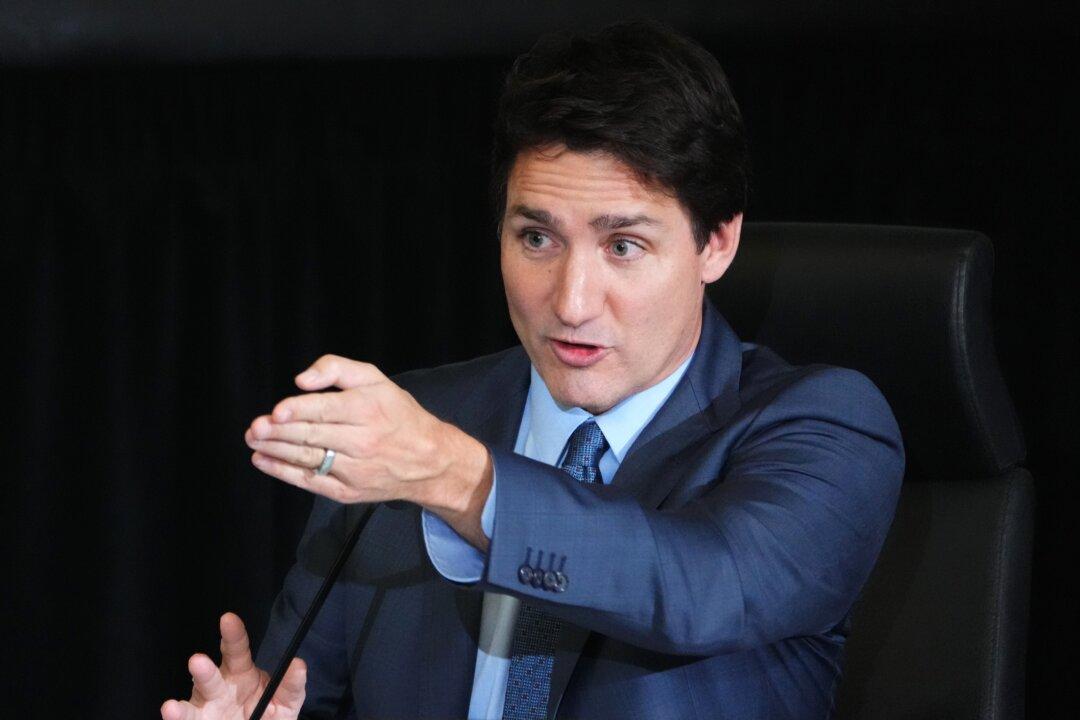No Liberal minister or federal official spoke out against the invocation of the Emergencies Act during two key meetings where it was discussed, hence creating a consensus for its use, Prime Minister Justin Trudeau testified at the Public Order Emergency Commission on Nov. 25.
“My expectation is always, if you have significant disagreements, this is the time to speak up. There was no voice saying ‘hold it, we don’t think you should do this, or I don’t think you should do this,’ which does happen from time to time in cabinet meetings and in IRGs,” Trudeau said.





